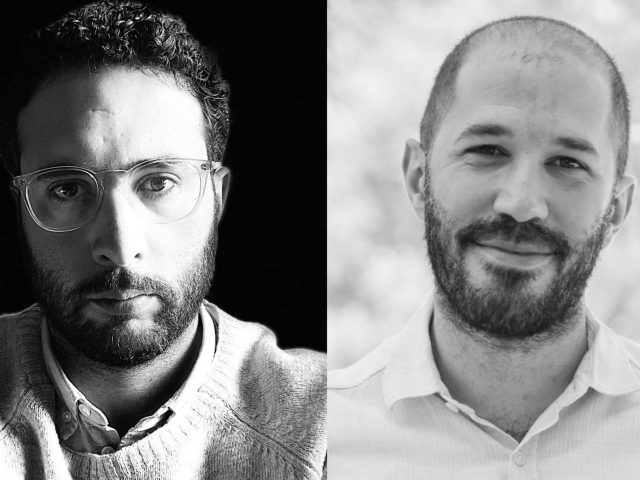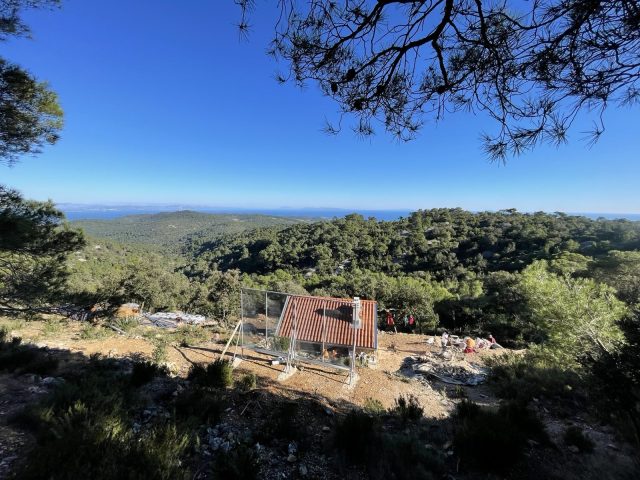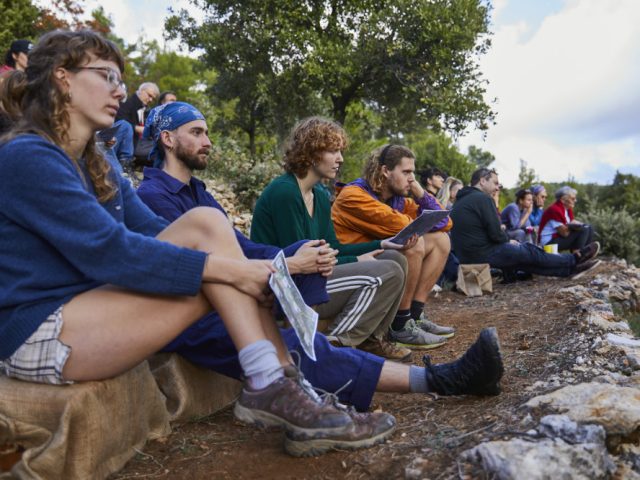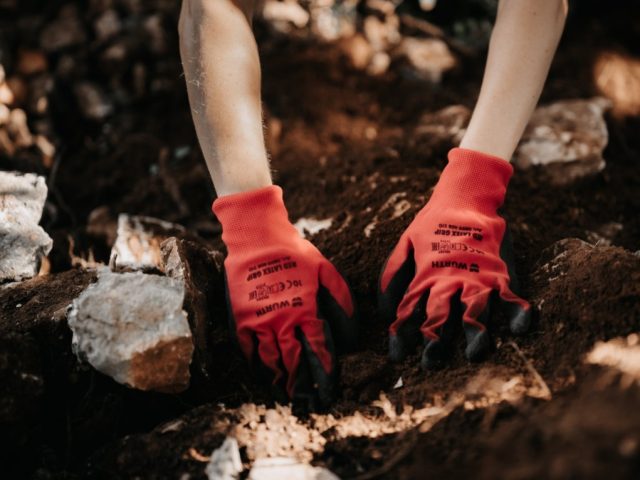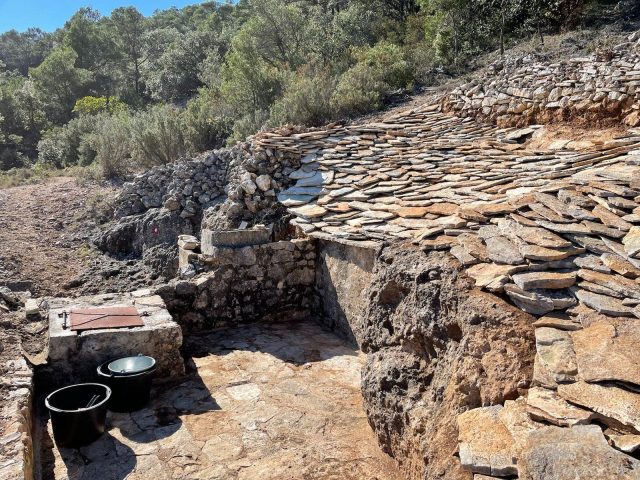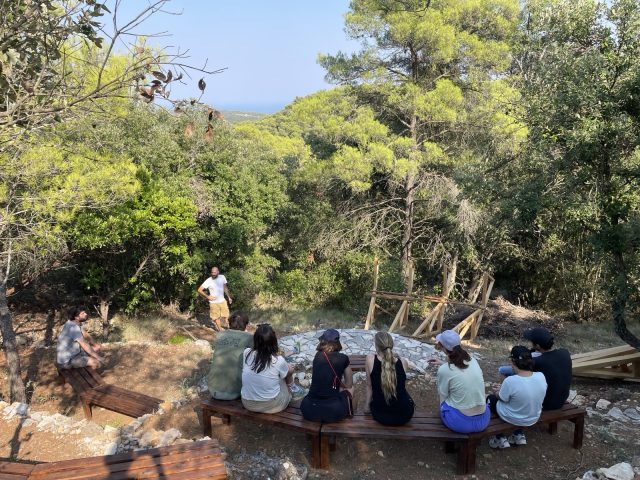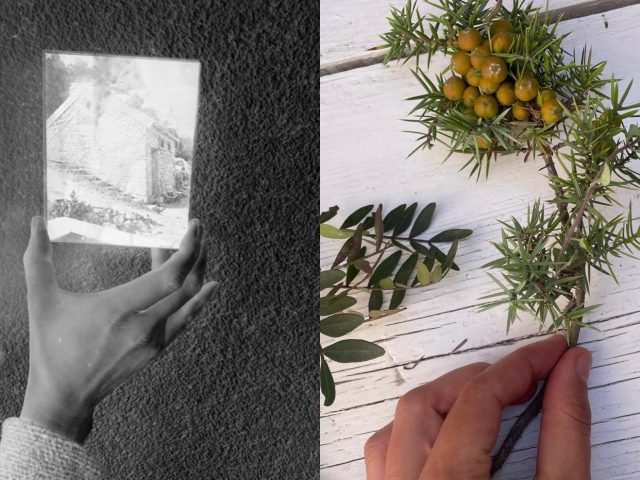
Before summer, we published an open call for S+T+ARTS 4 Water II for a residency at ISSA to address the challenge “Cisterns meet Modern Tech. Circular Water System as Convivial Tool”.
The goal of the residency is to develop a convivial tool: a prototype for a small-scale water collection and distribution system that combines traditional cistern technology and modern innovations, alongside community engagement on the island of Vis. The project will take into account the local context, the Mediterranean climate affected both by climate crisis and overtourism, which strain the island’s natural water resources.
Now we are happy to announce that, after meeting, the decision of jury was to reward Matko Šišak from ZMAG: Green Network of Activist Groups (Zelena mreža aktivističkih grupa)
ZMAG is an organization dedicated to sustainability, appropriate technologies, social transformation, and art, working diligently in developing an eco-social educational center Recycled Estate, 25 km south of the city of Zagreb. Over the past 25 years, while building this center, ZMAG has explored numerous innovative solutions. Today ZMAG is well known in Croatia and abroad as a hub for research, practical living, and education.

As part of the S+T+ARTS 4 Water II residency, the resident will build a “convivial tool” based on their permaculture landscape design and water management expertise, showcasing years of experience blending infrastructure and art.
The project will begin with the completion of the traditional roof water collection system (cistern) and stone-covered slide that is used for collecting the water. This phase will be executed with an artistic vision, incorporating a land-art approach using various sizes of stones, pebbles, and other natural materials. They will also build a “fog catcher”, a tool designed to collect morning dew – particularly effective in dry regions – providing fresh water for residents.
The second phase will involve installing a sink in the house, again crafted with artistic elements integrated into the water system at the ISSA educational center. Finally, the third phase will focus on constructing a greywater cleaning system using natural ponds and plants typically found in bio-filtration systems.
The final phase involves directing the water from the bio-filtration system to agricultural and orchard land. Starting with rainwater, it will progress from collection to natural filtration in final ponds, producing clean, reusable water. That water will be used in sustainable agriculture, creating a circular and holistic solution. The entire water circulation system will be powered by solar energy, an abundant renewable resource on the island.
The prototype built at ISSA can then be applied to other locations and communities with similar or closely related environmental and social contexts. In that way, the installed “convivial tool” has the potential to inspire and continue functioning long after the residency ends. The system is designed holistically, with each component – such as the natural water collection (traditional cistern), artistic design of the cistern and sink, natural building techniques and materials, renewable energy resources, and local agriculture – working synergistically.
Framed like this and integrated into an educational place such as ISSA, the installation from this project hopes not only to support the social dimension of communities, but also to offer a model for other communities, providing a “convivial tool” that addresses both environmental and social dimensions.
